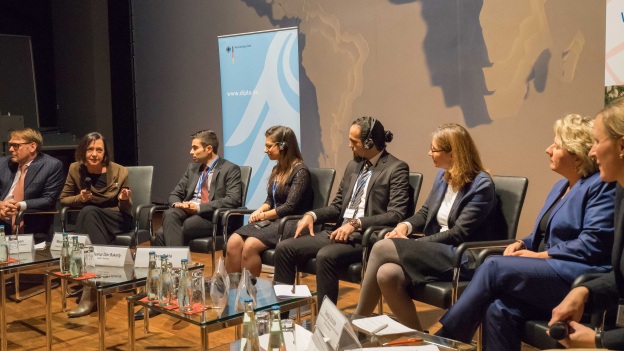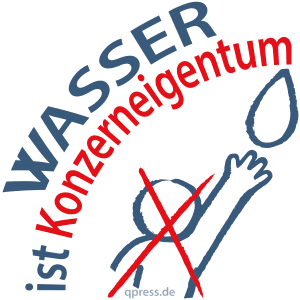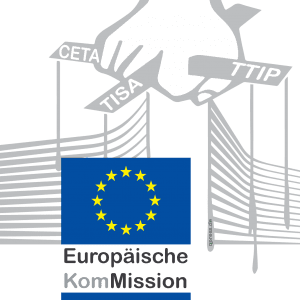News 30 Jul 18
http://www.balkaninsight.com/en/article/albania-high-court-judge-vetted-over-connection-with-organized-crime-07-30-2018
Albanian High Court Judge Sacked Over Crime Connections
Albania's Vetting Commission on Monday dismissed a
High Court Judge, Shkelzen Selimi, citing his alleged links with
organised crime.
BIRN
Tirana
| Judge Shkelzen Selimi during the hearing before Albania's Vetting Commission on 27 July 2018. Photo: LSA |
The judge was not present at the hearing and has issued no comment on the decision so far.
Selimi, 44, has spent two decades in the justice system and joined the High Court in 2011.
His hearing before the commission took place on 27 July. Selimi abandoned it, however, after claiming that the process had been compromised by leaks of compromising material about him.
He quit after a local television station, Top Channel, claimed it had obtained secret service materials on him. He then demanded that the vetting process should be stopped and the leak of secret service information should be investigated.
The commission denied his request and continued with the hearing.
During the hearing, the International Monitoring Operation, IMO, a corps of international officials assisting Albania in the vetting process, presented a report from an unnamed foreign intelligence agency, stating that Selimi had intervened in the justice system to stop a convicted drug trafficker, named Arben Isufaj, from being extradited to Italy in 2015.
The information provided by the IMO said also the judge had used a car owned by Isufaj's chauffeur from 2010 to 2012.
Albania's Office of Classified Information also reported to the commission about Selimi's alleged connections with organised crime, deeming him "inadequate for the position", and warning that such contacts could "put him under pressure from organised crime".
Selimi had declared assets of 58.5 million lek (450,000 euros) in 2017, accumulated during his years as judge – a startling rise from assets worth just 1.6 million lek in 2003.
Albania set up the Vetting Commission last year to clean up the country's notoriously corrupt and inefficient justice system.
Since it started operating in March this year, the ranks of the courts have been decimated, with many judges retiring early to avoid public examination. It has left the country without an operational constitutional court or high court.
Executive Summary
Albania is an upper middle-income country with a GNI per capita of USD 4,180 (2016) and a population of approximately 2.9 million people, around 45 percent of whom live in rural areas. According to IMF estimates, real GDP increased by 3.8 percent in 2017, and growth is expected to reach 3.9 percent annually from 2018 to 2020. Albania received EU candidate status in June 2014. In November 2016, the European Commission recommended the opening of EU accession negotiations with Albania, conditioned primarily upon implementation of a judicial reform package passed earlier the same year. In April 2018, the EU Commission recommended the opening of accession negotiations, and the Council of the European Union will review this recommendation in June 2018.
Foreign investors cite corruption, particularly in the judiciary, a lack of transparency in public procurement, and poor enforcement of contracts as continuing problems in Albania. In 2016, the government of Albania passed sweeping constitutional amendments to reform the country’s judicial system and improve the rule of law. The implementation of judicial reform is underway, including the vetting of judges and prosecutors for unexplained wealth, but foreign investors perceive the investment climate as problematic and say Albania remains a difficult place to do business.
Investors report ongoing concerns that regulators use difficult-to-interpret or inconsistent legislation and regulations as tools to dissuade foreign investors and favor politically connected companies. Regulations and laws governing business activity change frequently and without meaningful consultation with the business community. Major foreign investors report pressure to hire specific, politically connected subcontractors and express concern about compliance with the Foreign Corrupt Practices Act while operating in Albania. Reports of corruption in government procurement are commonplace. The increasing use of public private partnership (3P) contracts has narrowed the opportunities for competition, including by foreign investors, in infrastructure and other sectors. Poor cost-benefit analyses and a lack of technical expertise in drafting and monitoring 3P contracts are ongoing concerns. The government had signed more than 200 3P contracts by the end of 2017.
Property rights remain another challenge in Albania, as clear title is difficult to obtain. Some factors include unscrupulous actors who manipulate the corrupt court system to obtain title to land not their own. Compensation for land confiscated by the former communist regime is difficult to obtain and inadequate. Meanwhile, the agency charged with removing illegally constructed buildings often acts without full consultation and fails to follow procedures.
......................
Other Investment Policy Reviews
World Trade Organization (WTO) completed a Trade Policy Review of Albania in May 2016 (https://www.wto.org/english/tratop_e/tpr_e/tp437_e.htm).
In November 2017, UNCTAD completed the first Investment Policy Review (IPR) of South-East European (SEE) countries, including Albania (http://unctad.org/en/pages/PublicationWebflyer.aspx?publicationid=1884).
Business Facilitation
According to the 2018 World Bank Doing Business Report, it takes an average of five procedures over five days to start a company in Albania. The National Business Center (NBC) serves as a one-stop shop for business registration. All required procedures and documents are published on-line (http://www.qkb.gov.al/information-on-procedure/business-registration/). The registration may be done in person, or online via the e-Albania portal. Many companies choose to complete the registration process in person, as the online portal requires an authentication process and electronic signature and is only available in the Albanian language. In 2016, the Business Licenses Center merged with the National Registration Center, to create the National Business Center (http://www.qkr.gov.al/home/), which now serves as a one-stop-shop for business registration and all licenses.........
Major Laws Governing Foreign Investments:
Foreigners and/or foreign entities can purchase commercial land only if the investment is more than three times the value of the land. Farmland can be leased, not owned, for up to 99 years.
According to the 2018 World Bank's Doing Business Report, Albania performed poorly in the registering property category, ranking 103 out of 190 economies. It takes 19 days and six procedures to register property and the associated costs can reach 9.6 percent of the total property value.
- Law 55/2015, “On Strategic Investments”: Defines procedures and rules to be observed by government authorities when reviewing, approving and supporting strategic domestic and foreign investments in Albania;
- Law 9901/2008 “On Entrepreneurs and Commercial Companies”: Outlines general rules and regulations on the merger of commercial companies;
- Law 110/2012 “On Cross-Border Mergers”: Determines rules on mergers when one of the companies involved in the process is a foreign company;
- Law 9121/2003 “On Protection of Competition”: Stipulates provisions for the protection of competition, and the concentration of commercial companies;
- Law 10198/2009 “On Collective Investment Undertakings”: Regulates conditions and criteria for the establishment, constitution, and operation of collective investment undertakings and of management companies;
- Law 7764/1993 “On the Foreign Investments” amended by the Law 10316/2010.



 Hajdrein Gjeta, typischer Kultur Mafiosi, denn ansonsten dient der Sänger und Kultur Status nur dem Drogen Schmuggel.
Denoncuesi shkruan:
Hajdrein Gjeta, typischer Kultur Mafiosi, denn ansonsten dient der Sänger und Kultur Status nur dem Drogen Schmuggel.
Denoncuesi shkruan:
















